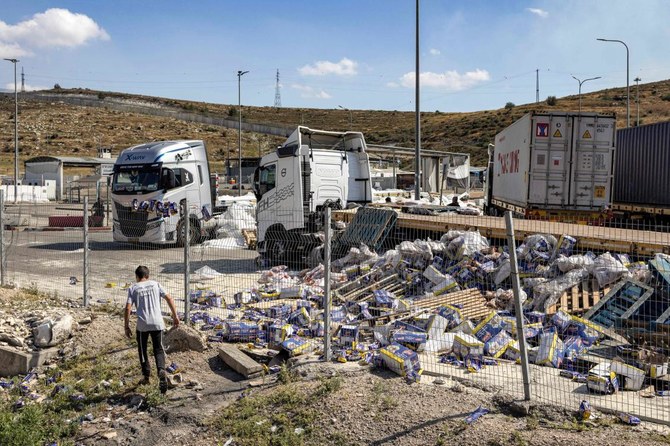
But following a crackdown by Ankara on Turkish dissidents in the last few years, and with trade and security links between the two countries increasing, Iranians too are being targeted.
Last month, Kurdish political activist Afshin Sohrabzadeh was detained and charged with being a “threat to national security” after visiting a police station to obtain travel papers.
He has since been moved to a repatriation center, and his lawyer Mahmut Kacan says his status as a refugee has been ignored.
“I have represented many refugees and asylum seekers from Iran, and their treatment is often terrible,” Kacan said.
Tehran and Ankara “have agreements to exchange people who are a political or security threat, especially anyone who is accused of links to Kurdish groups,” he added.
“There is supposed to be rule of law in Turkey but the truth is, increasingly, Iranians can be deported without warning or following due process.”
Sohrabzadeh faces the death penalty if deported. He previously spent seven years in solitary confinement in Iran, where he says he was tortured, before escaping to Turkey in 2016, where he was joined by his family.
His wife Fereshteh Kangavari told The Guardian that men, believed to be Iranian agents, had constantly harassed the family in Turkey, and that they had been forced to move home multiple times.
“We lived a quiet life in Turkey, we had no desire to draw attention to ourselves, and we were careful to follow the rules of our host country,” she said.
“All we want is a normal life in a safe place. I am desperately afraid for my husband and the future for us and our son,” she added.
“I don’t feel safe here. It’s a constant feeling of insecurity. Wherever I go, whatever I do, I might get arrested. The way I feel about Turkey has changed.”
Four other Iranian asylum seekers were arrested on the same day as Sohrabzadeh in the Turkish city of Denizli.
Lily Faraji, Zeinab Sahafi, Ismail Fattahi and Mohammad Pourakbari were allegedly involved in a protest against Turkey’s withdrawal from an international treaty on violence against women.
“No third country has been determined in the deportation decision, and the judicial proceedings continue,” said the quartet’s lawyer Buse Bergamali.
“Regardless of the country, deportation would be unlawful. It is also unlawful that my clients stay in the removal center during this whole process.”
It is thought that 33 Iranians were deported from Turkey last year, with two subsequently sentenced to death for their roles in protests against the government in 2019.
At least four Iranians, meanwhile, have been kidnapped or killed by Iranian agents in Turkey since 2017.
In 2018, Turkey took over the registration of refugees and asylum seekers in its territory from the UN, after which deportation statistics were removed from government websites.
A senior Turkish official told The Guardian that his country “does not intend to deport any of the aforementioned individuals to Iran. It is possible, however, for them to be sent to a third country.” The official declined to mention the name of any third country involved.












